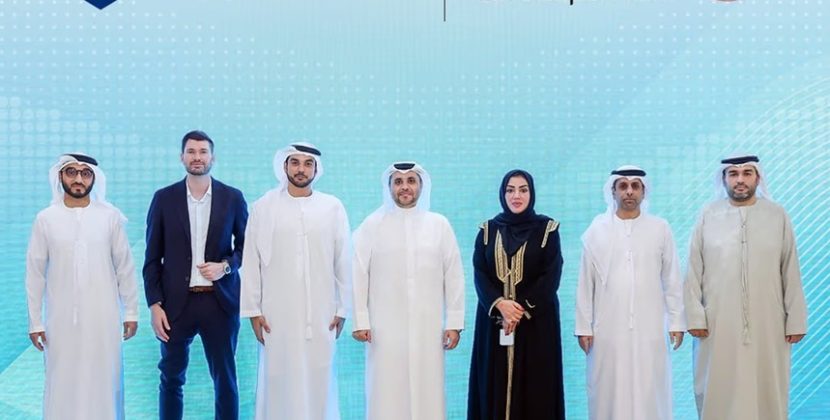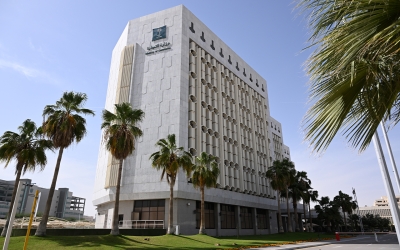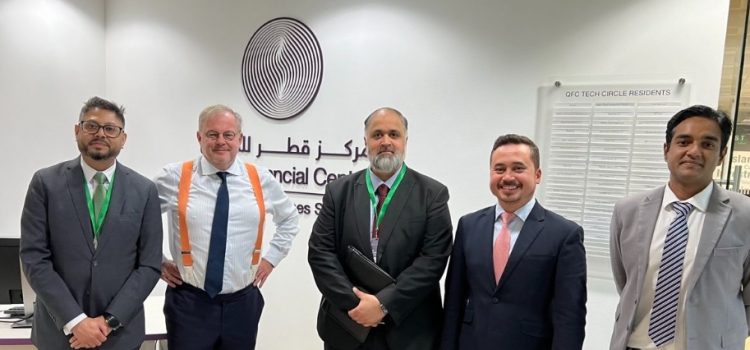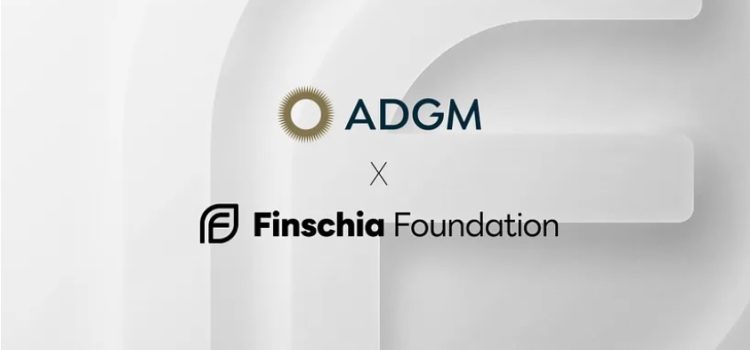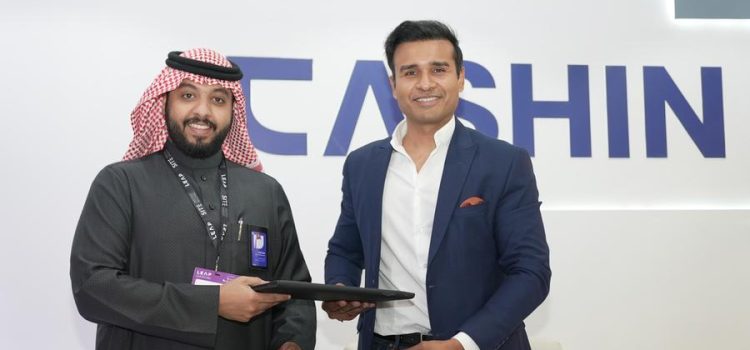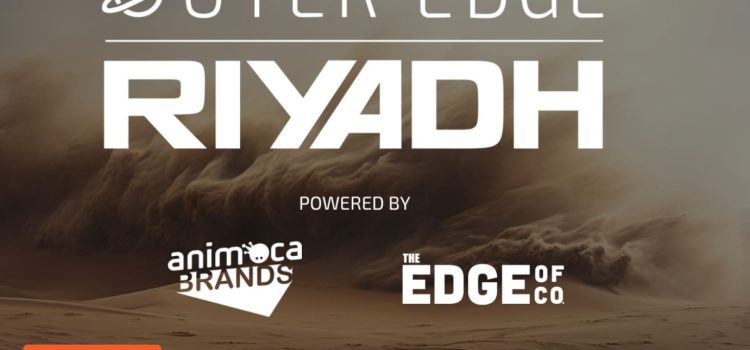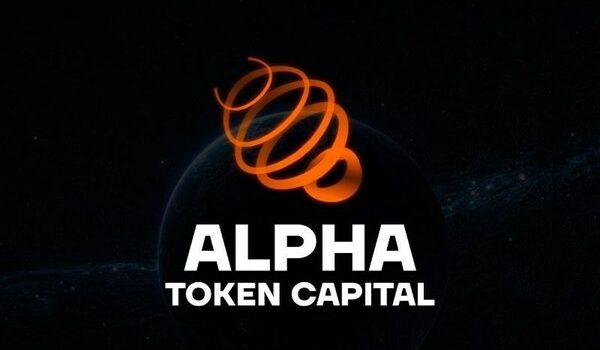Saudi Arabia will be hosting a Web3 Blockchain event called “Outer Edge”. The event will be held in partnership with Animoca Brands, the Blockchain gaming open metaverse company, and King Abdulaziz City for Science and Technology (KAUST), the national labs of the Kingdom. The event will be held on April 23 2024. Outer Edge Riyadh event is set to bring together some of the biggest names in the blockchain, AI, and gaming ecosystems from all over the world to Riyadh, Saudi Arabia.
Outer Edge, historically based in LA and now expanding to the Middle East, is known for hosting memorable events and presenting invaluable networking opportunities for founders, builders, and venture capitalists in emerging technologies.
The Saudi Arabia tech revolution has already made major strides in developing various industries as the country builds a solid ecosystem for digital entrepreneurship. Saudi Arabia is focusing on enhancing its technology sector in line with the Saudi Vision 2030 plan, as businesses continue to invest in new tech such as AI, blockchain, VR, AR, and the Internet of Things.
Outer Edge Riyadh, a partnership between Edge of Company and Animoca Brands, presented by King Abdulaziz City for Science and Technology (KACST), comes at a pivotal moment during the growth of the blockchain sphere. The partnership aims to bring together industry leaders, experts, creatives and more to Riyadh’s innovation district, The Garage, a technology hub for local and international startups. KACST’s strategic partnership with Animoca Brands includes plans for the development of a physical Web3 hub in Riyadh to enhance research and development efforts within the fields of Web3, blockchain, gaming, AI, as well as providing bespoke educational programs.
Mohammad Hadhrawi, general manager, Gaming and Immersive Technologies Institute at KACST, notes, “At KACST’s Gaming and Immersive Technologies Institute, we are dedicated to advancing the frontiers of R&D in gaming and immersive technologies. Our efforts are aligned with the national vision and strategies, aiming to foster an innovative ecosystem that nurtures creativity, technological advancement, and economic diversification. By spearheading projects that leverage web3, AI, and immersive experiences, we aim to impact the global technology landscape and equip our nation with the skills and opportunities to excel in these fields. Our commitment is to deliver tangible outcomes that contribute to the Kingdom’s position as a leader in the economies of the future (a key priority area for the kingdom), ensuring a sustainable and prosperous future for all.”
Joshua Kriger, Outer Edge co-founder and co-host of Edge of NFT and Edge of AI podcasts, stated, “When we started Outer Edge LA, the intent was always to catalyze innovation globally. We are thrilled to take the concept of co-creation, connection and community abroad to the Kingdom of Saudi Arabia and unite regional and global leaders in Web3, AI, and gaming. Our unique format cultivates long-term collaboration opportunities at the intersection of culture, entertainment, and technology.”
Outer Edge, one of the pioneer events in the world of Web3, tech, culture, and entertainment, today announced a partnership with Animoca Brands, the company advancing digital property rights for gaming and the open metaverse, and King Abdulaziz City for Science and Technology (KACST), the national labs of the Kingdom, to debut Outer Edge Riyadh on 23 April. The dynamic event is set to bring together some of the biggest names in the blockchain, AI, and gaming ecosystems from all over the world to Riyadh, Saudi Arabia.
Outer Edge, historically based in LA and now expanding to the Middle East, is known for hosting memorable events and presenting invaluable networking opportunities for founders, builders, and venture capitalists in emerging technologies.
The Saudi Arabia tech revolution has already made major strides in developing various industries as the country builds a solid ecosystem for digital entrepreneurship. Saudi Arabia is focusing on enhancing its technology sector in line with the Saudi Vision 2030 plan, as businesses continue to invest in new tech such as AI, blockchain, VR, AR, and the Internet of Things.
Outer Edge Riyadh, a partnership between Edge of Company and Animoca Brands, presented by King Abdulaziz City for Science and Technology (KACST), comes at a pivotal moment during the growth of the blockchain sphere. The partnership aims to bring together industry leaders, experts, creatives and more to Riyadh’s innovation district, The Garage, a technology hub for local and international startups. KACST’s strategic partnership with Animoca Brands includes plans for the development of a physical Web3 hub in Riyadh to enhance research and development efforts within the fields of Web3, blockchain, gaming, AI, as well as providing bespoke educational programs.
Mohammad Hadhrawi, general manager, Gaming and Immersive Technologies Institute at KACST, notes: “At KACST’s Gaming and Immersive Technologies Institute, we are dedicated to advancing the frontiers of R&D in gaming and immersive technologies. Our efforts are aligned with the national vision and strategies, aiming to foster an innovative ecosystem that nurtures creativity, technological advancement, and economic diversification. By spearheading projects that leverage web3, AI, and immersive experiences, we aim to impact the global technology landscape and equip our nation with the skills and opportunities to excel in these fields. Our commitment is to deliver tangible outcomes that contribute to the Kingdom’s position as a leader in the economies of the future (a key priority area for the kingdom), ensuring a sustainable and prosperous future for all.”
Joshua Kriger, Outer Edge co-founder and co-host of Edge of NFT and Edge of AI podcasts, said: “When we started Outer Edge LA, the intent was always to catalyze innovation globally. We are thrilled to take the concept of co-creation, connection and community abroad to the Kingdom of Saudi Arabia and unite regional and global leaders in Web3, AI, and gaming. Our unique format cultivates long-term collaboration opportunities at the intersection of culture, entertainment, and technology.”
Taking place on 23 April at The Garage in the center of the city, Outer Edge Riyadh will bring together industry leaders, creatives, visionaries, entrepreneurs, and investors for an experience that threads together education and entertainment, to explore beyond the implications of decentralized, Blockchain, Web3 and AI technology on society. Topics will include smart cities, gaming, esports, art, culture and more.
Notable speakers at Outer Edge Riyadh will include Yat Siu, co-founder and executive chairman of Animoca Brands; Calvin Zhou, co-founder of Shrapnel,a venture backed UGC; Salwa Radwi, founder of ‘Nuqtah’, the first Saudi NFT Marketplace; Vatom founder and CEO Eric Pulier; Amanda Cassat, founder and CEO of Serotonin; Cole Damon, CEO of AG Esports Global; Yasser N Al Obaidan, chairman of Jawraa; and Sebastien Borget, co-founder and COO of The Sandbox.
Yat Siu, the co-founder and executive chairman of Animoca Brands, added, “Through our partnership with Outer Edge Riyadh we are honoured to help support the MENA region’s progress toward fully harnessing the power of Web3 and blockchain. Global leaders at Outer Edge Riyadh will gather to engage in spirited discussions, forge valuable partnerships, create new opportunities, and mobilize on a variety of topics ranging from revolutionizing smart cities to redefining finance and entertainment.”
Recently Co-Founder of the Satoshi Roundtable retreat, and managing director of Chainstone Labs, Bruce Fenton, stated that he is heading to Saudi Arabia to bring Blockchain and Bitcoin education and investment into the country. ChainStone Labs is a Stealth mode financial tech company focused on tokenization of securities and digital assets backed by hard assets.
While Animoca Brands continues to invest heavily in the region.


